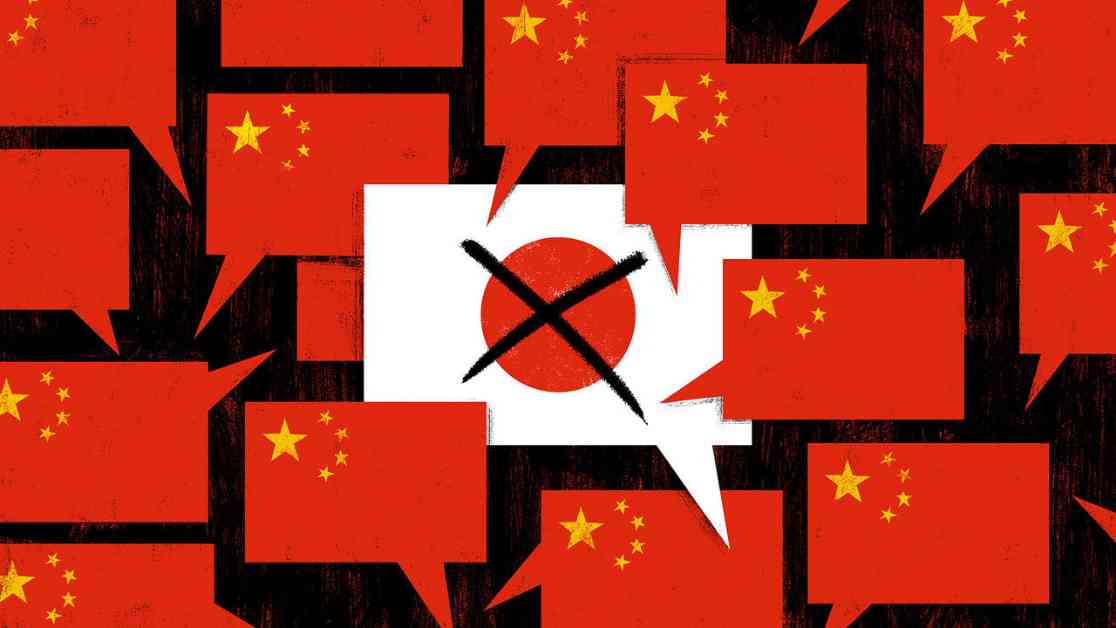The recent incident in Suzhou where a Chinese man attacked a Japanese woman and her child has prompted the Chinese government to implement measures to reduce anti-Japanese online content. The government is cracking down on extreme nationalism on the web, aiming to keep such sentiments confined to online platforms.
The attack, which resulted in the tragic death of a Chinese school-bus attendant named Hu Youping who tried to shield the Japanese woman and her child, has sparked outrage and calls for action. The local administration has praised Ms. Hu as a “righteous and courageous” role model for her selfless act.
In response to the incident, the Chinese government is taking steps to curb anti-Japanese sentiment online. This move comes as part of a broader effort to manage nationalist fervor and prevent it from escalating into real-world violence. By regulating online content and discourse, authorities hope to prevent further incidents like the one in Suzhou from occurring.
While the government’s actions may be seen as a form of censorship, they are necessary to maintain social stability and prevent conflicts with other countries. It is important for individuals to express their opinions and grievances in a peaceful and constructive manner, rather than resorting to violence or hate speech.
By addressing the root causes of nationalist sentiment and promoting understanding and dialogue between different cultures, China can work towards building a more harmonious society. It is crucial for individuals to respect and tolerate differences, rather than stoking animosity and division.
In conclusion, the government’s measures to reduce anti-Japanese online content are a step in the right direction towards promoting peace and stability. By fostering mutual respect and cooperation, China can contribute to a more peaceful and inclusive global community. Let us strive to build a world where differences are celebrated and conflicts are resolved through dialogue and understanding.



























